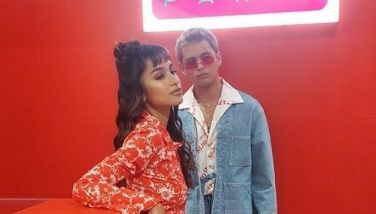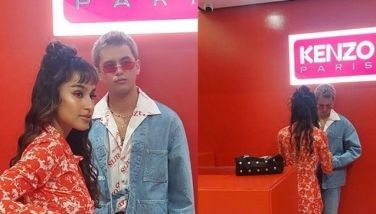The art of interviewing
One of the most common questions people ask of authors is, “How do you write?” Aside from the obvious answer of putting pen to paper (or nowadays fingers to keyboard), there really is no easy answer to that age-old question. Each writer has a different technique, a different well from which they draw each unique inspiration from — and that perhaps is where the magic and mystery lie.
In my case, as a host and interviewer of personalities, I am also often asked how I do what I do? How do you begin an interview? How do you practice to do interviews? What are the questions that need to be asked in interviewing public figures? Do you really have a set of questions or are you more spontaneous? What really works?
Short answer, there is no short answer. Only more questions.
What is a conversation? Is it different from an interview? Yes and no. Great interviews are conversations, bad interviews are interrogations.
How is it to interview public figures who are consciously crazy of their public image and public perception? How does it begin and end? How do you get the trust of people who are very protective of their image? Everyone is conscious of how people see them — this is true not just for celebrities, but for everyone — the key then is to be sensitive. Learn to recognize boundaries, and let your subject know that you are not their enemy. Be kind. Be nice. Be respectful. Or at the least, try your best.
How do you interview people with so much agenda on their plate when they come face-to-face with you? Practice the rule of the buffet table — start with an appetizer, proceed to the soup, then the main course, and top it off with a juicy dessert. And in each step, pick the best morsel, and savor every bite. Don’t over indulge, and never, ever be a glutton.
What kind of public figures do we have? There are public figures who will tell you everything. But would they really tell you everything? Or do they make it appear like they are telling you everything? Memorable interviews unfold like a striptease, where you peel off each layer to reveal even more questions underneath. It is not just about what you see, but to a large extent, what is hinted at that creates the dynamic tension in your interviews.
What about people who have a set narrative even before you ask them a question? How about people who don’t open up? We all have our stories to tell. Our once-upon-a-times and happily-ever-afters. And, understandably, most celebrities are all eager to share it with the world — whether or not the world is in the mood for it. It is now up to the interviewer to sift the wheat from the chaff, making sure that neither he nor his audience is overwhelmed by the volume of information, or bored by its lack.
How about the art of listening? The art of cutting guests who go to the direction they want when in fact you are talking about something else? A good interviewer is both pilot and navigator, able to simultaneously map the course of the conversation, while at the same time steer each topic towards a predetermined end. This is, of course, a skill learned over the course of many trials and errors, and honed by endless practice. Subtlety and a deft ear for catching the nuances that signal the right paths to follow are essential tools of the trade. Was it Peter Jennings who said, “Judicious to delicious interruptions are inevitable!”?
How do you maintain courtesy in a country that expects an interviewer to be courteous? There are no hard talks in the Philippines. You are not supposed to violently disagree with the guest/s and that you are not supposed to dismiss anybody. You are expected to be polite because it is part of our culture. Is that good or bad? Being polite is never bad, but it’s also not always good. Remember, it’s not always the knife that you see that kills you.
When do you over talk? When you get in the way of the natural flow of the conversation. Learn to read the currents and undercurrents. Listen for the beat of the interview, and let that be your guide.
Is dead air really that bad? No, sometimes silence can be the loudest part of the interview.
How do you handle people who don’t listen? When do you listen? When don’t you listen? A good interviewer knows how to speak. A great interviewer knows how to listen. You always listen to the other and to yourself. You never stop learning from all the good and bad that you do — then you hope to be better than what you were in the last conversation or interrogation. As Barbra Walters would always say, the best is always that next interview!
- Latest
- Trending















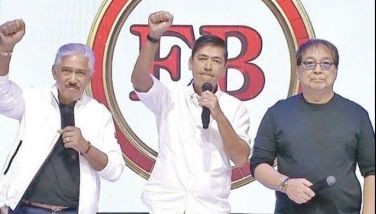

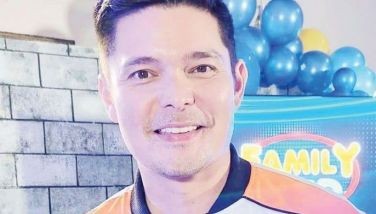
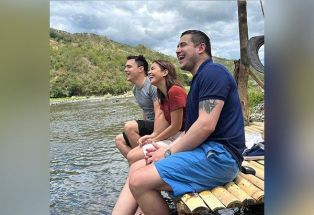
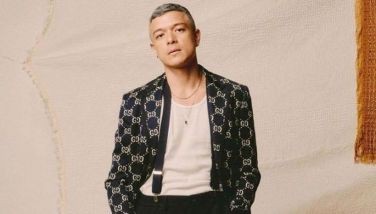






 Exclusive
Exclusive